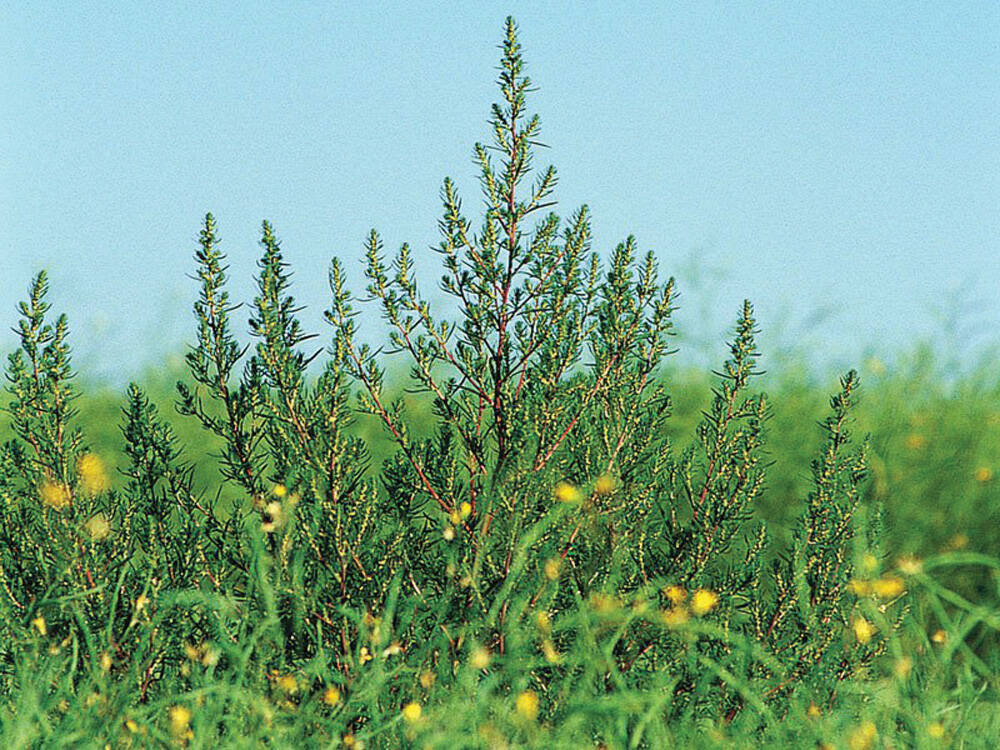A 35-acre field on Prince Edward Island is under quarantine and its crops set to be destroyed after the plot was confirmed to have potato wart.
The finding was confirmed last week by the Canadian Food Inspection Agency, which has ordered “movement controls” on all equipment, plants, potato tubers and soil from the affected farm.
Equipment and machinery on the farm will be cleaned and disinfected to prevent potential spread of the disease, CFIA said in a release Friday.
CFIA said Friday it’s now sampling and testing soil and material from other fields in the area, looking for “any possible further infestation.” Results of those tests are expected in the coming weeks, the agency said.
Read Also

FMC Canada unveils 2026 crop protection roster
FMC Canada’s crop protection lineup for 2026 will include four products marketed for control of kochia.
Recent movements of crops and equipment from the affected farm are also being traced, CFIA said, to identify any other “potentially implicated properties.”
All crops from the field will be destroyed and securely disposed of, CFIA said Friday, noting it has “full co-operation from the grower.”
CFIA said it’s working closely with the P.E.I. government and P.E.I. Potato Board to keep the disease in check and “inform various stakeholders of the situation.”
Canada set up a long-term potato wart management plan after the pest was first detected in P.E.I. in 2000, the agency noted. The plan lays out “regulatory requirements” to manage potato wart detections and prevent “trade disruptions.”
In Canada, the fungus is only known to have appeared in P.E.I. and Newfoundland. In the U.S., it’s been confirmed in West Virginia, Maryland and Pennsylvania but has since been declared “eradicated” in all three states.
Potato wart is caused by a soil-borne fungus that attacks growing points on a potato plant, such as eyes, buds and stolon tips. The fungus can remain dormant in the soil for several years or more as resting spores.
Potato wart can appear on all underground parts of the plant except its roots. Above-ground symptoms aren’t usually apparent, except maybe reduced plant vigour.
The disease is no risk to human health or food safety, CFIA emphasized Friday, but it can reduce potato yield and make potatoes unmarketable. — AGCanada.com Network














